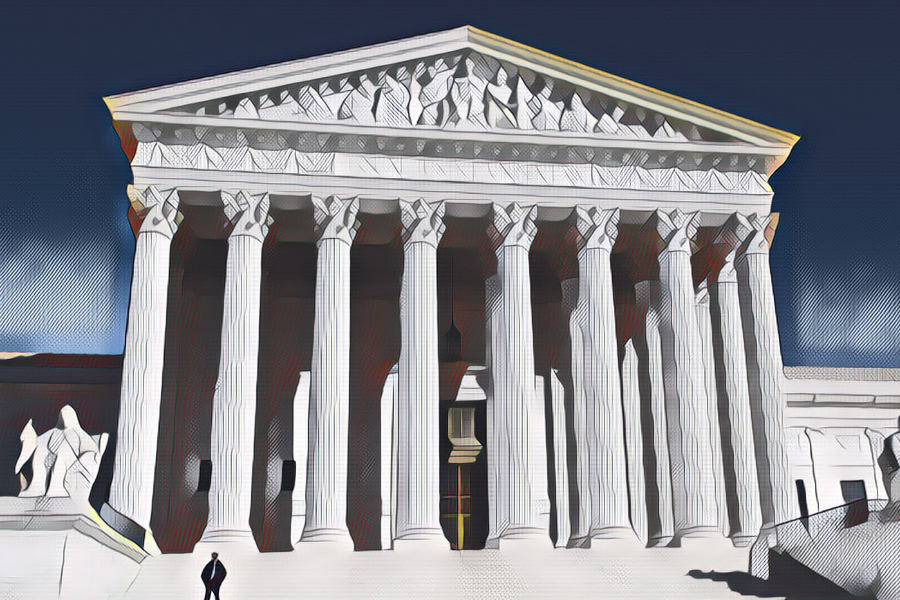U.S. Supreme Court declines to intervene in Nevada COVID restriction case, sends death row chaplain case back to lower court

New orders issued by the U.S. Supreme Court on Monday addressed two cases of religious liberty interest. In one, a death row inmate claims Texas’ refusal to allow a clergy member in the execution chamber violates his religious liberty rights. In the other, a challenger to Nevada’s worship service COVID restrictions sought Supreme Court review prior to judgment by the lower court.
Earlier this month, the Supreme Court called for a response by the governor of Nevada to the petition filed by Calvary Chapel Dayton Valley. Even though the lower court has not yet issued a judgment on their religious liberty claims, the church is seeking the high court’s review in light of their November 2020 decision in Roman Catholic Diocese of Brooklyn v. Cuomo, barring enforcement of New York’s worship service attendance caps.
Calling the request unnecessary, the state explained that the 9th U.S. Circuit Court of Appeals, citing Roman Catholic Diocese, has already “granted Calvary specific injunctive relief, enjoining Nevada Governor Steve Sisolak ‘from imposing attendance limitations on in-person services in houses of worship that are less favorable than 25% of the fire-code capacity.’” On the question of preemptive review, the Court sided with the state, denying the petition for a writ of certiorari before judgment.
In Gutierrez v. Saenz, the issue is whether the religious liberty interests of a Texas death row inmate require the state to allow a clergy member of his choice in the execution chamber. The Court in June of 2020 halted the execution of Ruben Gutierrez and instructed the district court to make a finding as to “whether serious security problems would result if a prisoner facing execution is permitted to choose the spiritual adviser the prisoner wishes to have in his immediate presence during the execution.”
In November, according to the brief filed by attorneys for Gutierrez, the district court determined that there is no such serious security risk: “The evidence demonstrates (1) the amount of risk involved in allowing non-prison officials into the execution chamber is not so great that prison administration can summarily dismiss that alternative and (2) adequate processes and security can control the risk.”
As a result, the Supreme Court on Monday returned the case to the district court for a “prompt consideration” of Gutierrez’s religious liberty claims in light of those findings of no serious risk. Although the action removed the stay of execution, the Court clarified that it would entertain another request for a stay if the execution is scheduled prior to the resolution of the religious liberty claims.
The Court in 2019 intervened to halt the execution of Buddhist inmate Patrick Murphy in Texas because he was offered only a Christian clergy member in the execution chamber. The state responded to the Court’s ruling by refusing clergy of any faith access to the chamber. Murphy remains on death row after a federal judge again halted his execution, finding “serious questions” about whether the state’s policy still discriminates against inmates of minority faith.
For more on this issue, see this April 2019 column from BJC Executive Director Amanda Tyler that was published by Religion News Service, titled “How outrage for a death row inmate may have flipped the justices for religious liberty.”




